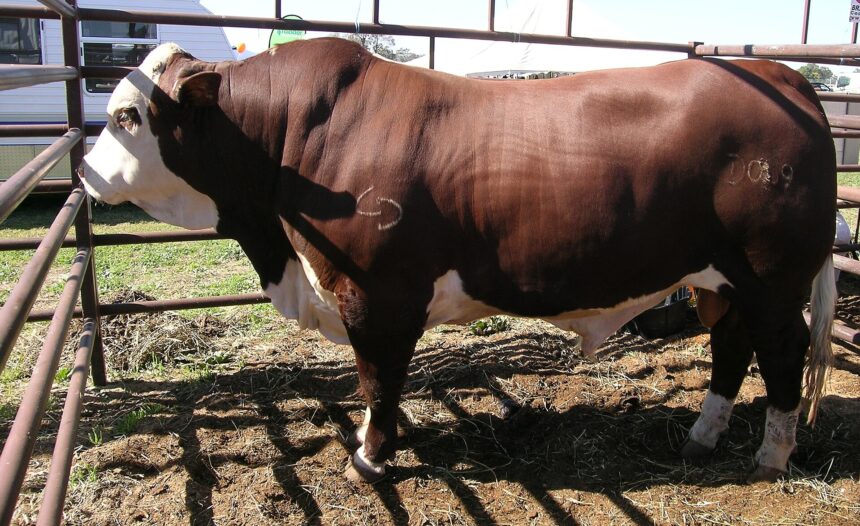Braford cattle, a cross between Brahman and Hereford breeds, are gaining popularity among South African farmers for their adaptability, resilience, and superior meat quality. With their distinctive appearance and impressive performance in various climates, Braford cattle offer numerous advantages for both beef production and breeding programs. Here are ten key aspects to consider when breeding and farming Braford cattle in South Africa:
- Origin and Characteristics:
Braford cattle originated in the United States, where breeders crossed Brahman and Hereford breeds to develop a hybrid with desirable traits from both parent breeds. Braford cattle are known for their heat tolerance, disease resistance, and ability to thrive in challenging environments, making them well-suited to South Africa’s diverse climates. - Adaptability and Resilience:
One of the primary advantages of Braford cattle is their adaptability to various environmental conditions. These cattle are well-suited to both tropical and subtropical climates, thanks to their Brahman heritage, which provides heat tolerance and resistance to parasites and diseases. - Meat Quality:
Braford cattle are prized for their high-quality meat, which is renowned for its tenderness, marbling, and flavor. The Hereford influence contributes to the breed’s excellent carcass characteristics, making Braford beef highly sought after by consumers and producers alike. - Reproduction and Fertility:
Braford cattle are known for their reproductive efficiency and fertility, making them an attractive option for breeding programs. The breed exhibits excellent maternal instincts, high conception rates, and good calving ease, resulting in healthy offspring and increased productivity. - Grazing and Foraging Abilities:
Braford cattle excel in grazing and foraging, thanks to their ability to thrive on a variety of vegetation types. Their efficient feed conversion and grazing behavior make them well-suited to extensive grazing systems, reducing the need for supplemental feed and management inputs. - Disease Resistance:
Braford cattle inherit disease resistance from their Brahman ancestry, making them less susceptible to common ailments such as tick-borne diseases and heat stress. This inherent resilience reduces the need for veterinary interventions and promotes sustainable farming practices. - Temperament and Handling:
Braford cattle are known for their docile temperament and calm demeanor, making them easy to handle and manage. Their gentle nature reduces stress during handling, transportation, and breeding activities, contributing to overall herd welfare and productivity. - Crossbreeding Benefits:
Braford cattle are often used in crossbreeding programs to improve the performance and adaptability of other breeds. Their hybrid vigor enhances traits such as growth rate, feed efficiency, and disease resistance, resulting in more robust and productive offspring. - Genetic Selection and Improvement:
Effective genetic selection is crucial for maximizing the potential of Braford cattle herds. Breeders focus on traits such as growth rate, carcass quality, maternal instincts, and adaptability when selecting breeding stock to improve herd performance and profitability over time. - Market Demand and Profitability:
With increasing consumer demand for high-quality beef and sustainable farming practices, the market for Braford cattle continues to grow in South Africa. Producers can capitalize on the breed’s excellent meat quality, adaptability, and reproductive efficiency to achieve greater profitability and success in the beef industry.
Breeding and farming Braford cattle in South Africa offer numerous advantages for producers seeking resilient, high-performing livestock with superior meat quality. By understanding the breed’s characteristics, reproductive traits, and market potential, farmers can effectively incorporate Braford cattle into their operations and contribute to the sustainability and success of the beef industry in South Africa.
Join 'Farmers Mag' WhatsApp Channel
Get the latest Farming news and tips delivered straight to your WhatsApp
CLICK HERE TO JOIN






